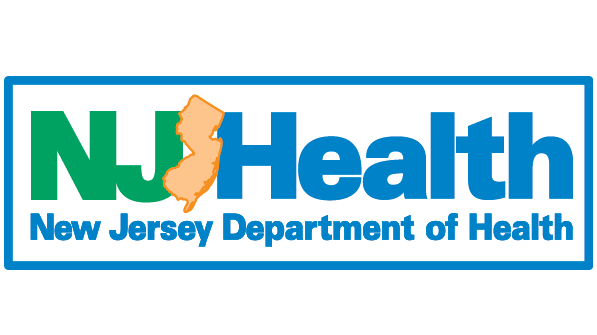
NJ health officials confirm measles case linked to N.J. resident; exposure possible on public transit
NEW JERSEY — The New Jersey Department of Health (NJDOH) is urging residents to be vigilant after confirming a new case of measles in a Hudson County resident who was exposed to the virus from a non–New Jersey case, officials announced Friday.
Health officials stressed that this case is not linked to previously reported measles cases in the state and that New Jersey is not currently experiencing an outbreak, which the Centers for Disease Control and Prevention defines as three or more related cases.
Because the individual traveled on public transportation while potentially contagious, NJDOH has identified specific locations and times where others may have been exposed:
- NJ Transit Hudson-Bergen Light Rail, 8th Street, Bayonne to Hoboken branch — Aug. 13, 14, 15 between 9–11:30 a.m. and 6–9 p.m.
- 8th Street Light Rail Station, Bayonne — Aug. 13, 14, 15 between 9–11 a.m. and 7–9 p.m.
- PATH Newark–World Trade Center Line — Aug. 13, 14, 15 between 9:15–11:45 a.m. and 5:45–8:30 p.m.
- Exchange Place Station, Jersey City — Aug. 13, 14, 15 between 9:15–11:45 a.m. and 5:45–8:30 p.m.
Individuals who may have been exposed should monitor for symptoms such as high fever, cough, runny nose, watery red eyes, and a rash that typically appears three to five days after the first symptoms. If exposed, symptoms could develop as late as Sept. 11, officials said.
NJDOH urged anyone who suspects exposure to call their local health department or provider before visiting a medical office or emergency department, so special arrangements can be made to reduce the risk of spreading infection.
Since Jan. 1, seven measles cases have been confirmed in New Jersey, matching the total number reported in 2024. Nationally, measles cases have reached their highest levels since 1992, with 1,375 confirmed across 42 jurisdictions as of Aug. 20, according to the CDC.
The measles virus spreads easily through coughing or sneezing and can linger in the air for up to two hours after an infected person leaves. It can also be transmitted through contact with mucus or saliva. Complications may include pneumonia, encephalitis, and serious risks for pregnant people, including miscarriage or premature birth.
Health officials emphasized that the measles, mumps, and rubella (MMR) vaccine — given in two doses — is safe and the most effective way to prevent illness. NJDOH is urging all residents to check their vaccination status, especially before international travel. Infants ages 6 to 11 months should receive one dose prior to travel, followed by two more after their first birthday.





